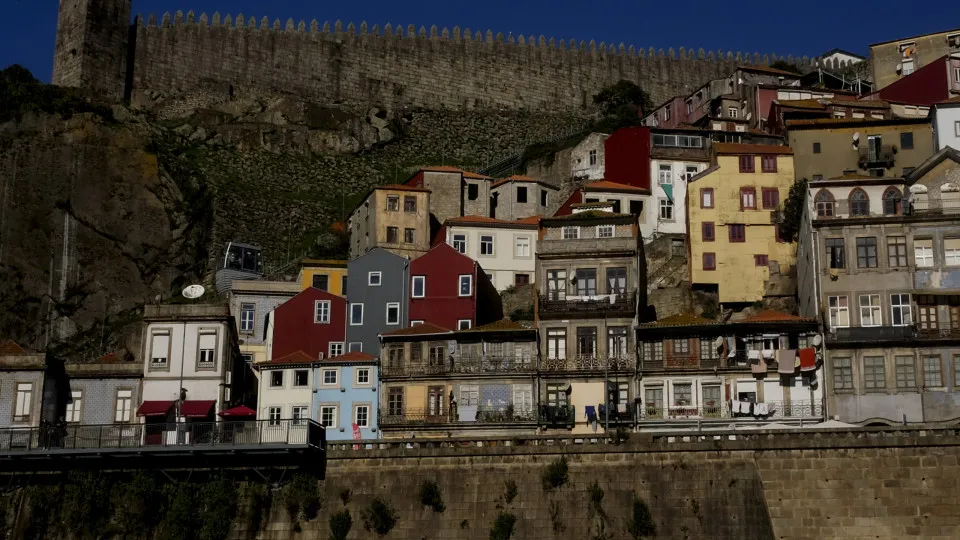
The Livre party has accused the Government of capitulating to “unacceptable proposals from the far-right” regarding the immigration law, even before the Constitutional Court’s ruling. This stance has been criticized as unwavering and in violation of the rule of law.
“From the outset, Livre believed that the government’s proposed legislation, and later the version passed by the right-wing majority in Parliament, contained serious constitutional issues, now confirmed,” stated the party led by Rui Tavares, following the Constitutional Court’s rejection of five provisions in the immigration law.
Livre expressed regret over the government’s recent position, even before the decision was announced, describing it as “unyielding” and an “affront” to both the legislative process and the rule of law, reinforcing stigma against immigrants in Portugal.
“Once again, this position reflects the government’s submission to the far-right’s unacceptable proposals,” it asserted.
Rui Tavares’ party vowed to continue advocating for immigrants in Portugal what it seeks for all Portuguese people, both domestically and abroad: “a dignified life, fair opportunities, and a future in community.”
Livre claims the law, now vetoed by the President, “discriminates against people based on income/sector of activity, undermines family reunification rights, and restricts individuals’ rights in their relationship with the Portuguese state.”
Today, the President of the Republic vetoed the parliamentary decree on the legal regime for the entry, stay, exit, and removal of foreigners from national territory, following the Constitutional Court’s ruling against five provisions.
This decision by Marcelo Rebelo de Sousa came shortly after the Constitutional Court’s announcement regarding the unconstitutionality of five sections of the decree concerning foreigners’ legal status.
The Constitutional Court’s decision follows a request from the President for preventive oversight of the constitutionality of seven aspects of the decree submitted on July 24.
The decree was approved on July 16 in the Assembly of the Republic, with supporting votes from PSD, Chega, and CDS-PP, abstentions from IL, and opposition from PS, Livre, PCP, BE, PAN, and JPP.
Criticism came from nearly all parties except PSD, Chega, and CDS-PP, with many labeling it unconstitutional and criticizing the legislative process for not involving immigrant associations or constitutional experts, and for lacking mandatory opinions.
In his request to the Constitutional Court, President Marcelo Rebelo de Sousa asked for preventive oversight of the constitutionality regarding family reunification rights, conditions for their exercise, the deadline for review by the Agency for Integration, Migrations, and Asylum (AIMA), and the right of appeal.




